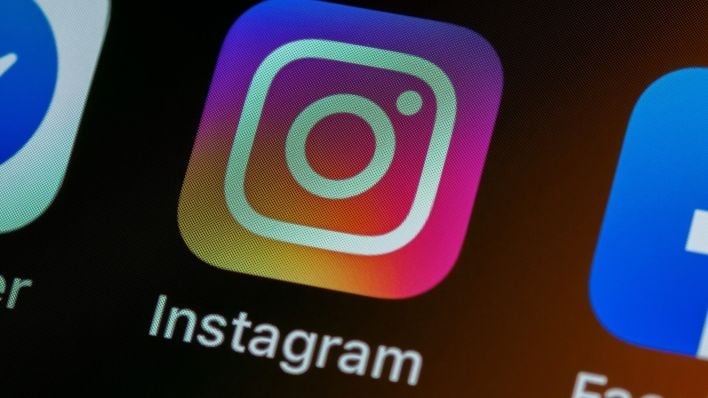Instagram Denies Breach After 17 Million Account Leak Sparks Panic
In a statement released late on Wednesday, the social media giant Instagram has denied that its servers had been breached, despite reports of 17 million account details being leaked online.
The incident, which has sent shockwaves through the cybersecurity community, initially suggested that hackers had gained unauthorized access to Instagram's systems. However, in a statement released just hours later, the company revealed that the leak was actually caused by an internal issue rather than an external breach.
According to Instagram, an external party was able to request password reset emails for some users due to an unspecified "issue" within the platform. The company has since confirmed that no unauthorized access was gained to its systems, and that user accounts remain secure.
In a statement aimed at reassuring worried users, Instagram said: "We fixed an issue that let an external party request password reset emails for some people. There was no breach of our systems and your Instagram accounts are secure."
While the leak has undoubtedly caused concern among Instagram's 1 billion+ user base, the company is urging everyone to ignore any suspicious emails they may have received in relation to their account. With the issue now resolved, users can breathe a sigh of relief – for now.
The incident serves as a timely reminder of the importance of cybersecurity and the need for online platforms to prioritize user data protection. As the world becomes increasingly interconnected, it's clear that protecting against external threats is only half the battle; internal vulnerabilities also pose a significant risk.
Instagram has not revealed any further details regarding the "issue" or how it was resolved, sparking questions about the company's preparedness to deal with potential cyber threats. Nevertheless, for now, users can rest assured that their accounts remain secure – and that's all that matters.
What This Means For Instagram Users
While this incident may have caused some panic among users, there is no need to take any immediate action. Simply ignore any suspicious emails requesting a password reset, and be cautious when receiving any unsolicited messages from unknown senders.
As always, it's essential for users to maintain strong passwords and keep their account information up-to-date. Instagram will likely be conducting an internal review to identify the root cause of the issue and implement additional security measures to prevent similar incidents in the future.
Conclusion
The incident serves as a wake-up call for online platforms, highlighting the need for continuous improvement in cybersecurity practices. While Instagram has assured users that their accounts are secure, it's clear that there is still much work to be done to protect against external and internal threats.
For now, users can breathe a sigh of relief – but as the digital landscape continues to evolve, vigilance will remain essential in protecting online security.
